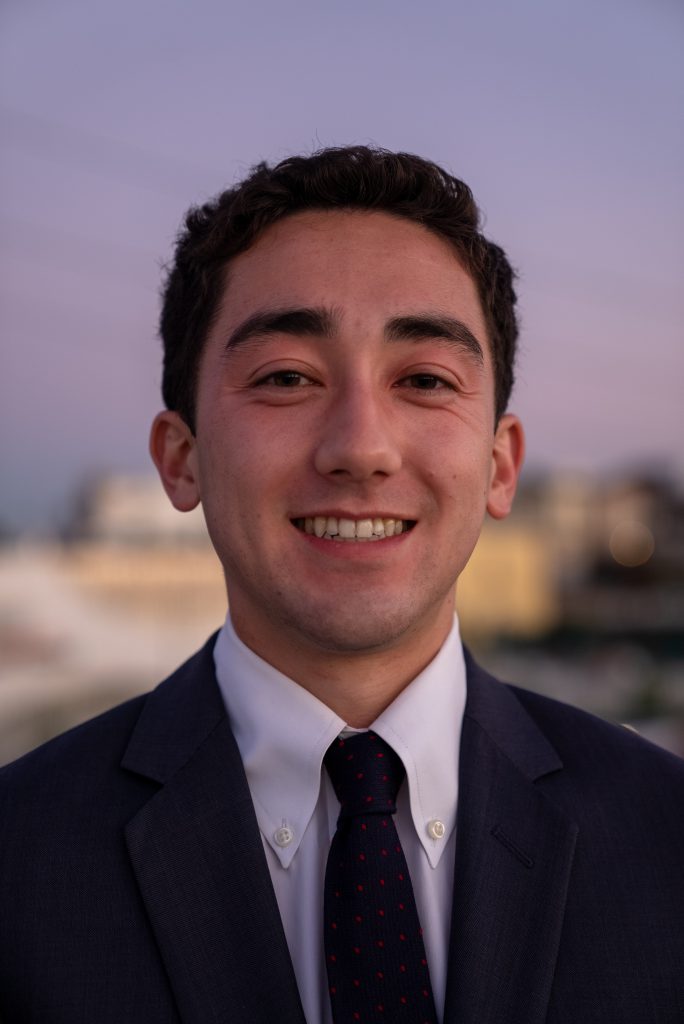
Alex is a graduate student in David Baker’s lab as well as a trainee in the University of Washington’s medical scientist training program. He aims to utilize de novo protein design to elucidate the underpinnings of complex biological mechanisms. He holds a B.S. in Quantitative Biology and an M.S. in Quantitative and Computational Biology from the University of Southern California Read More
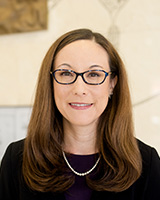
Professor and Vice Dean of Research and Graduate Education, UW School of Medicine, Sakiyama-Elbert’s own research focuses on developing new bioactive materials to drive tissue regeneration and cell transplant survival after nervous system injuries. Her lab at UW BioE continues her work developing techniques to promote functional recovery after spinal cord injury and treat peripheral nerve damage. Her team develops methods to prompt stem cells to give rise to the various neural cells needed for spinal cord regeneration, optimizes cell populations for transplantation, and designs materials for controlled growth factor and drug delivery. Read More
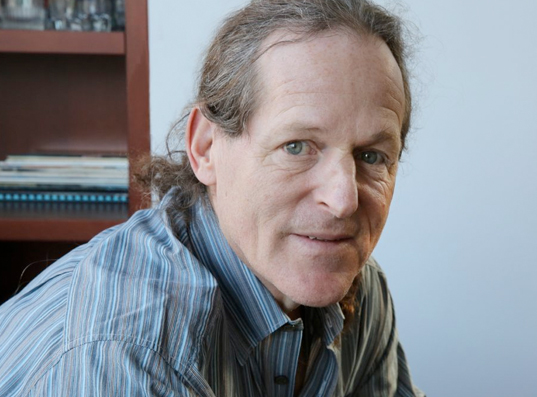
The Heath lab has been developing new biomolecular engineered library technologies for the high throughput capture and analysis of antigen-paired CD8+ and CD4+ T cell receptors. (Foy, Nature 2023; Puig-Saus, Nature 2023; Chour; CommBio 2023) We are currently using these molecular engineered libraries to identify T cell receptors in projects that are supporting clinically deployed TCR-engineered T cell cancer immunotherapies, as well as fundamental biological studies, using spleen organoids, of the development of adaptive immunity following various vaccination treatments. these biomolecular engineering and immunology projects are accompanied by state-of-the-art computational biology algorithm development and application. Read More
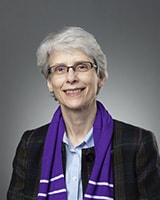
Research in my laboratory focuses on the development of novel methods to answer fundamental questions in biology & medicine. Much of biology & medicine is technology limited in that leaps in knowledge follow closely on the heels of new discoveries and inventions in the physical and engineering sciences; consequently, interdisciplinary groups which bridge these different disciplines are playing increasingly important roles in biomedical research. My lab has developed partnerships with other investigators in the areas of biology, medicine, chemistry, physics, and engineering to design, fabricate, test, and utilize new tools for biomedical and clinical research. Read More
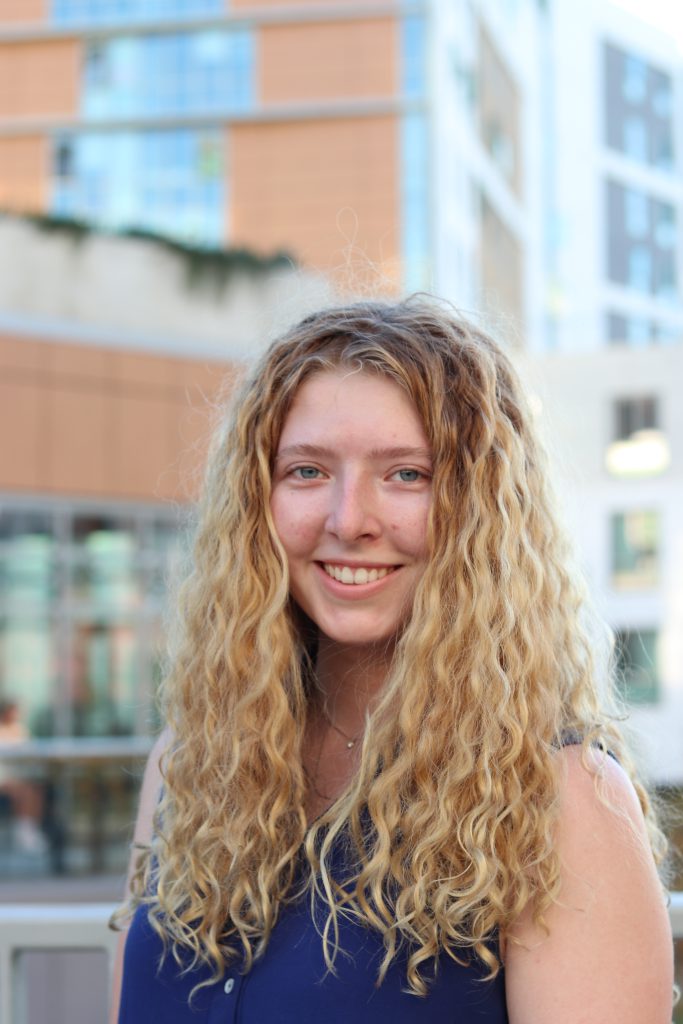
Arielle’s passion lies in engineering therapeutics, particularly targeting chronic diseases. During her undergraduate years, she dedicated her research to the field of cardiac tissue engineering. Following graduation, she delved into the realm of neuropharmacology research. Recognizing her potential, she was honored with an NSF Graduate Research Fellowship. Her academic journey culminated in a B.S. in bioengineering from UC San Diego. Read More

Christina focuses on biomaterials, tissue engineering, and polymer chemistry for medical applications, aiming to enhance healthcare quality. During her undergraduate studies, she created drug-capturing polymer membranes for chemotherapy’s toxic side effects reduction. She also co-developed a portable bioprinter prototype for tissue regeneration. Maranas holds a B.S. in materials science and engineering from Penn State. Read More
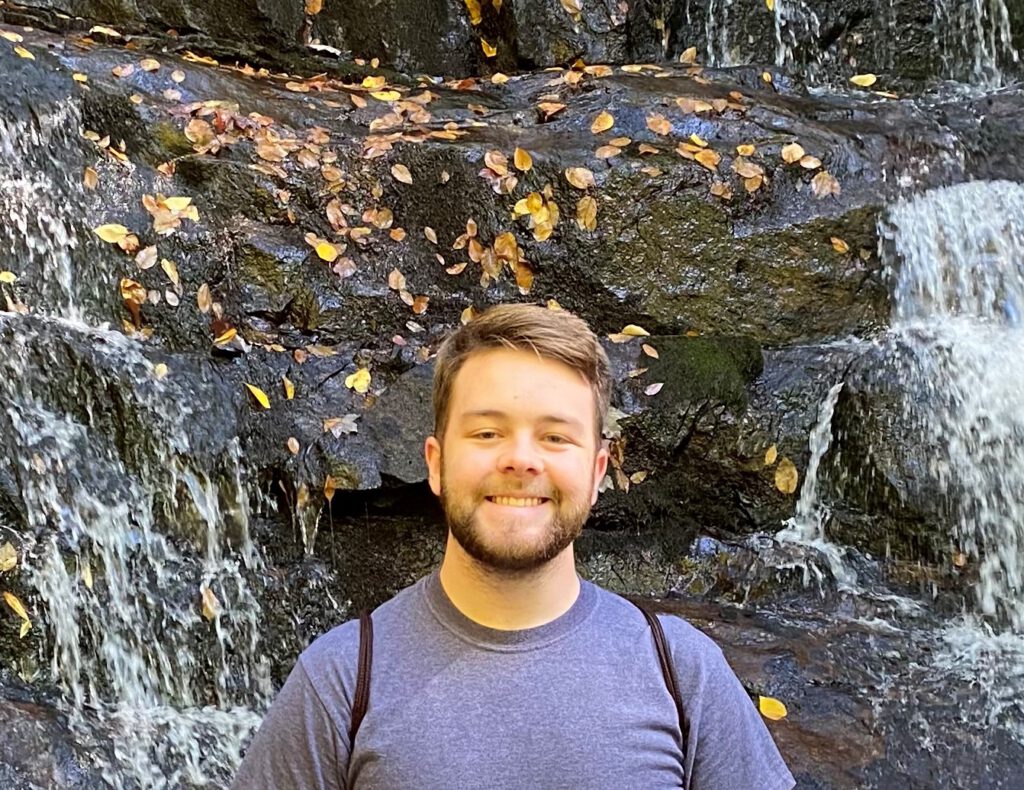
Patrick is a graduate student in Dr. Patrick Stayton’s lab. He is developing polymeric drug delivery platforms, with a particular interest in delivery systems that target specific tissues or cell types. This research will improve the stability and delivery efficiency of drug cargo, as well as reduce off-target effects. In his previous work, Patrick investigated the impact of intermolecular interactions between drugs and polymers on their loading, as well as drug release from polymer scaffolds. Patrick received his B.E. in Chemical Engineering from Vanderbilt University. Read More

Louis is interested in polymer science, smart biomaterials and tissue engineering. As a member of the Ratner Lab, Louis’ research focuses on developing engineered polymeric biomaterials for multiple applications. One of his projects involves synthesizing materials to prevent biofilm formation through surface modifications. He is also developing a biomaterial scaffold for better kidney organoid integration. He holds a B.S. in Biology from the University of Washington. Read More
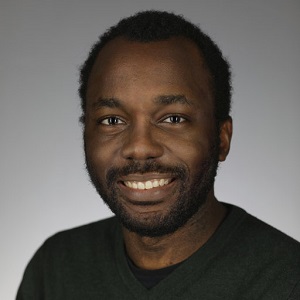
We develop activity-based assays to measure medication concentration based on the drug’s inherent activity. One of our ongoing projects is focused on developing REverSe TRanscrIptase Chain Termination (RESTRICT) assays that measure the concentrations of nucleotide analog drugs used in HIV treatment and prevention. These molecular assays provide rapid and user-friendly measurement of HIV medications directly in patients’ blood and can be used to monitor and individualize the concentrations of oral HIV therapies and emerging long-acting injectable therapies. Read More
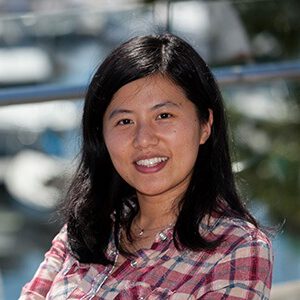
We are interested in understanding the fundamental structure and integrative functions of living tissue and organ systems of our human body from nanometer, micrometer to centimeter scale. Further, we are interested in designing and engineering the functional units in our body integrating the knowledge of biology and medicine, transport phenomena, matrix mechanics, and microfluidic technologies. We aim to lead our research towards clinical applications for regenerative tissue and organs, and therapeutic applications and health industry to replace the full animal models. Read More